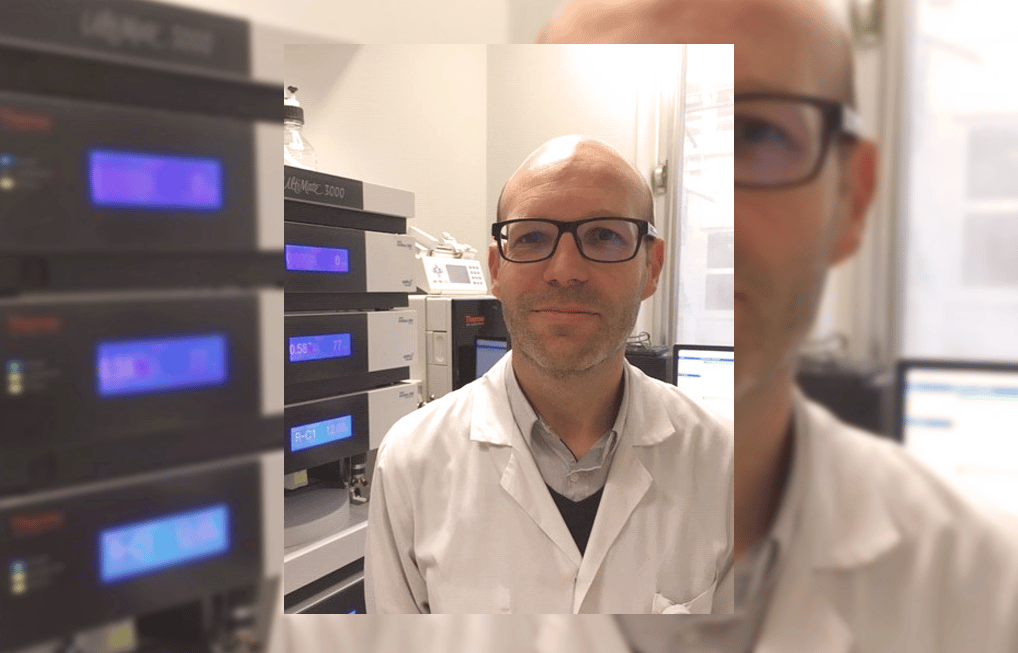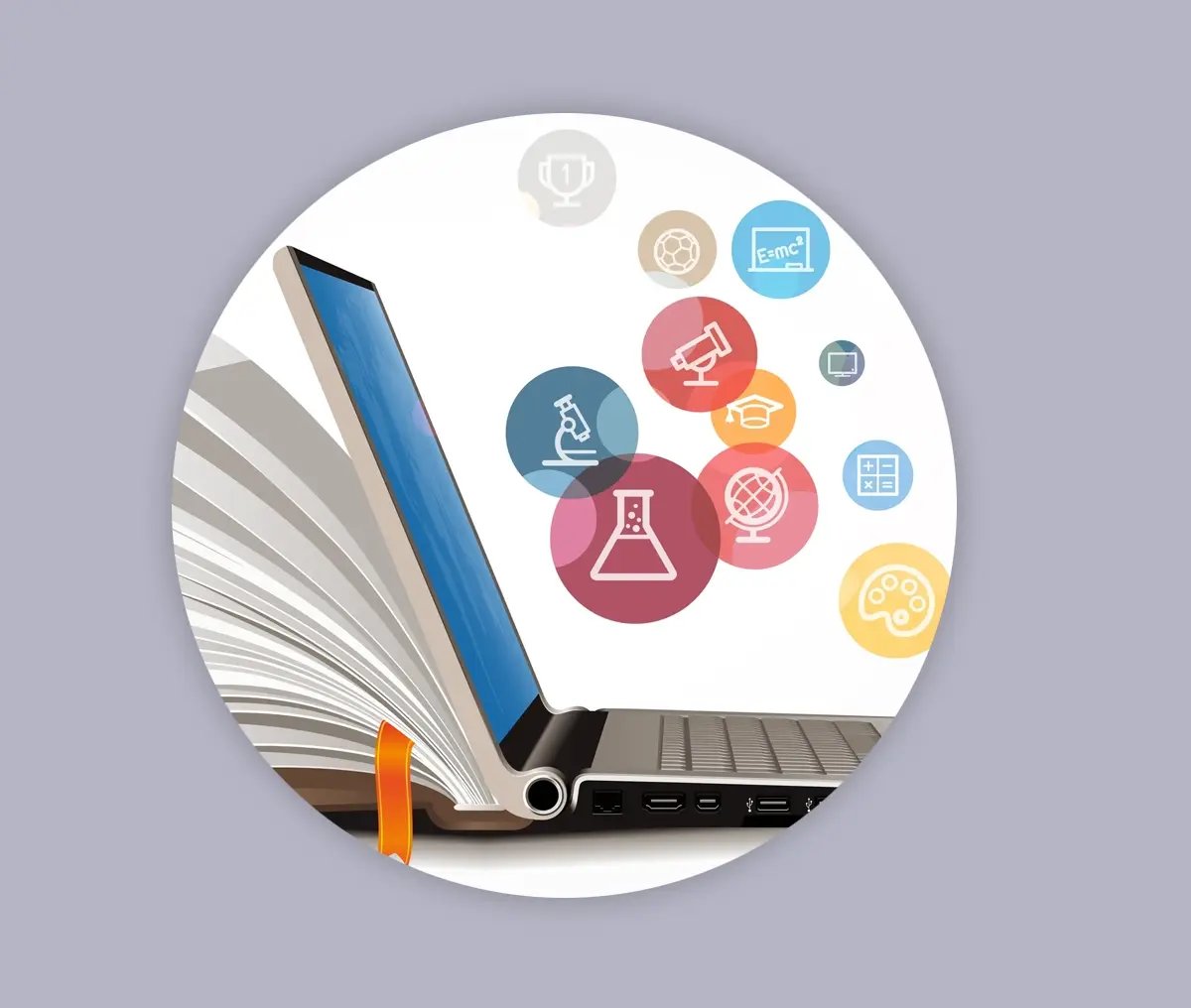remote care pathways simplify the patient journey

Enhancing Patient Care: How Microsampling Keeps TDM Safe and Convenient
In this brief and insightful interview, Dr. Lemaitre explains how Mitra® devices with patented VAMS® technology facilitate at-home blood collection for Therapeutic Drug Monitoring (TDM), significantly improving accessibility and convenience for patients, including those with difficult vein access or those located far from medical facilities. This pioneering approach is proving pivotal in managing transplant recipients and could potentially transform therapeutic monitoring globally. Read the interview here or listen to below.
researchers validate the benefit of precise, remote blood microsampling
"Optimizing medication adherence with home-monitoring – A feasibility study using capillary microsampling and mHealth in solid organ-transplanted adolescents"
Transplanted adolescents expressed perceived improved medication timing adherence when combining Mitra microsampling with a medication-manager application (TusenTac®-app).
"New Trend in Toxicological Screening Using Volumetric Absorptive Microsampling (VAMS) and High-Resolution Mass Spectrometry (HR/MS) Combination"
90 drugs of abuse were screened. 98% of compounds detected in plasma were also detected in Mitra whole blood specimens, with a satisfying concordance (R2 = 0.827). This novel screening approach opens new insights into different toxicologic fields.
"Infliximab Level Between Venous and Capillary Blood Using Novel Device Strongly Correlate in Paediatric Inflammatory Bowel Disease Patients"
High correlations observed between Mitra to serum samples (r = 0.991, P= 0.0001) for Infliximab concentrations. First study in patients to show bloodspot technology is a patient friendly alternative method to measure IFX blood levels in PIBD.
"Volumetric dried blood microsampling for monitoring imatinib mesylate therapy: Method development and clinical application in patients with chronic myeloid leukemia"
Using a pain assessment tool, all 33 study volunteers in a Leukemia TDM study reported little to no pain (2 or less) when using the Mitra device. Furthermore, 91% would be able to perform home testing if available.
"Analytical and clinical validation of dried blood spot and volumetric absorptive microsampling for measurement of tacrolimus and creatinine after renal transplantation"
In a 152-patient study only 3.6% of Mitra samples had to be rejected for measurement of Tacrolimus and Creatinine, which was a much better outcome than DBS cards at a 10.5% rejection rate. Mitra devices were preferred over DBS cards.
"Capillary Blood Microsampling to Determine Serum Biopharmaceutical Concentration: Mitra® Microsampler vs Dried Blood Spot"
When measuring therapeutic monoclonal antibodies < 7% difference in values were obtained across different lots of Mitra samples. Mitra samples were stable at room temp for up to 1 month.
"VAMS technology allows convenient at-home monitoring and is minimally invasive. It also offers efficiencies in the clinical setting, as providers will have blood results in hand before meeting with the patient."
– Dr. Christophe Stove | Ghent University Hospital, Belgium
“We use the blood collection kit at home for our son, who is a kidney transplant recipient. The kit has easy instructions, a finger-prick tool & supplies to collect the samples. We use the included shipping envelopes to post samples to our son’s care provider. The kit saves us time and unnecessary trips to the clinic.”
– Mrs. Lego | Transplant Patient Parent, UK
We wanted an easier way for children and their families to get their blood tests done so they wouldn't have to travel so much to visit us. Having a kit that allows patients to do their blood draws at home is fantastic!"
– JJ Kim, MD | Nottingham Children's Hospital, NHS, UK
“With Mitra® devices, collecting the blood sample requires only one minute, no more. There is no pain associated with the process, and no excess bleeding. It takes just a few more minutes to register the samples, to place them in an envelope, to put a stamp on it, and to drop it in the mailbox.”
– Dr. Bruno Journe | Specialist in Addictology
The Mitra devices make sampling in the hospital diagnostics lab environment amenable to workflows used in those labs and accessible to lab staff. Importantly, the Mitra® devices also dramatically improve the sample process, in terms of logistics and costs, and make storage of the samples in the central lab easier, not dependent on a freezer. The costs associated with wet blood sample shipping and storage may have made such work [protein biomarker research / proteomics] prohibitively challenging in the past.”
– Dr. Stephen Pennington | University College Dublin, Ireland
learn more about remote specimen collection for therapeutic drug monitoring and clinical toxicology
Join a growing network of leaders in science and healthcare who use remote care pathways to improve the patient journey, as well as outcomes. With 100s of publications testifying to the value of remote specimen collection, microsampling devices are a trusted choice of clinical researchers, lab directors, physicians, patients, and healthcare decision-makers around the globe
The Application of VAMS in TDM & Toxicology | FAQ
Yes, our microsampling devices based on volumetric sampling technology are used in therapeutic drug monitoring (TDM) programs around the world. In the EU, UK and Australia, our devices are CE-IVD (IVDR) registered for clinical use. In these regions, our devices are used in both research and healthcare programs. Our microsampling devices enable remote monitoring, which is beneficial for patients or study participants living in remote areas, and those who must limit their exposure to germs by reducing visits to medical facilities. Additionally, volumetric microsampling devices are increasingly used in toxicology to study many drugs of abuse. Their adoption in clinical toxicology is growing.
Our Technical Resource Library includes a searchable selection of published literature discussing TDM & other toxicology programs and studies that applied remote specimen collection and volumetric microsampling. Type "TDM", “toxicology” or your analyte of interest in the library's search field to find journal articles, presentations and application notes.
Microsampling enhances TDM by allowing patients to collect samples at home and mail them directly to labs, reducing the need for frequent hospital visits and lowering costs. This convenience helps minimize exposure to germs and eliminates the need for phlebotomists, while also avoiding the complexities of cold-chain shipping.
Yes, groups have developed and validated liquid chromatography-tandem mass spectrometry (LC-MS/MS) assays for immunosuppressant drugs and creatinine analysis using Mitra devices.
https://www.sciencedirect.com/science/article/abs/pii/S0731708518322015?via%3Dihub
https://journals.sagepub.com/doi/10.1177/0004563220948886
https://pubmed.ncbi.nlm.nih.gov/35490728/
https://www.sciencedirect.com/science/article/pii/S2590059523000183
Dried blood sampling offers higher sensitivity and specificity for detecting many substances compared to urine. Substances in dried blood remain stable, allowing for more reliable detection. Visit our Technical Resource Library for detailed case studies and applications in toxicology.
Remote microsampling supports TDM across many treatment areas, such as cancer, kidney treatment, organ transplants, neurology, and autoimmune disorders. Remote blood collection offers an accurate, yet more convenient approach to traditional therapeutic drug monitoring of immunosuppressants, antibiotics, anti-epileptics, anti-retroviral agents, and many more.
Toxicology labs have used microsampling devices to study Phosphatidylethanol (PEth), a highly sensitive and specific blood marker of alcohol consumption. PEth lacks stability in liquid blood, but dried blood microsampling has been identified as an accurate, cheaper alternative that solves the stability issue. Other analytes or biomarkers of keen interest in microsampling studies are opioids, cannabinoids, performance-enhancing drugs, narcotics, and peptides, among others.
Implementing microsampling involves several key steps:
Education: The introductory phase
Evaluation: Extraction, linearity & signal-to-noise studies
Validation: Validating your method
Our Microsampling Team offers comprehensive support throughout these phases to ensure successful integration into your workflows.
Mitra: pioneering VAMS technology
Trajan’s proprietary VAMS® Technology is at the heart of the Mitra device, featuring a sampler tip crafted from a porous, hydrophilic polymeric material. This 'precision sponge' rapidly and consistently absorbs a specific volume of biological fluid—simply by contacting the source. The fluid is then allowed to dry. Available in three tip sizes—10, 20, and 30 µL—Mitra devices are tailored to meet diverse end-user and analytical needs. Configurations include dual (2) or quad (4) samplers across various formats to suit different requirements.
Reliable
Quantitative sampling with pipette-like precision (RSD ≤ 5%). VAMS eliminates traditional blood hematocrit biases and results in extremely low in-lab sample rejection rates. No glue used in assembly, no matrix interferences.
Versatile
Collect biological fluids — blood, plasma, urine, saliva, and even tears. Collect from humans, animals (e.g. finger, arm, knee, tail, etc.) or containers. Manual to fully automated workflows are available.
User-Friendly
99% sample acceptance rate validated by studies. VAMS tip acts as a fill indicator to confirm successful sampling. Housing and sampling design protects against contamination and facilitates easy episodic and longitudinal sampling.
Cost-Effective
Eliminate phlebotomy, couriers, and cold-chain shipping / storage requirements. Our devices are compatible with standard automated liquid handling systems and available in various formats to suit different budgets.
request pricing information
Ready to optimize your project with the right microsampling solution? Fill out our form to connect with a Microsampling Specialist who will help you select the ideal device configuration and format, tailored specifically to your project's requirements and budget. Let us assist you in streamlining your specimen collection transport and storage process efficiently and cost-effectively.
Customer Serivce: neo.cs@trajanscimed.com

Therapeutic Drug Monitoring blogs
With remote microsampling, therapeutic drug monitoring (TDM) is more convenient and comfortable thus making compliance with tough drug regimens more achievable. Access this bundle of blogs that offers groundbreaking case studies and research insights.

Toxicology blogs
Remotely collected dried blood samples are used for a range of toxicology applications including monitoring drug or alcohol abuse related to addiction recovery, traffic control, or child custody. Read these articles describing how toxicologists use the portability and analytical precision of microsampling devices in their work.
search our technical resource library
Review hundreds of third-party resources published by experts in science and medicine that applied remote microsampling. Access additional TDM & toxicology resources plus much more!
Presentations | Application Notes | R&D Posters | Peer-Reviewed Publications







